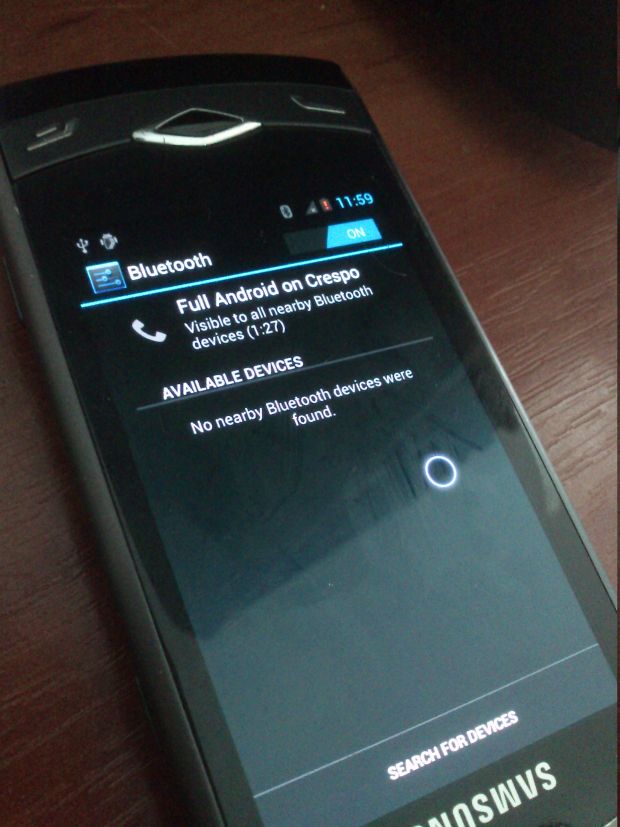For actions that require access to users’ private information, the requesting app should be registered with the platform and should be authenticated via protocols like OAuth by the user in order to publish or access information to or from the social platform.
Social platforms allow you to ask for a huge variety of information about the users, like attributes from their profile, their preference or the list of their friends or followers. However, this doesn’t mean you should ask for all of it! There is usually a strong inverse proportionality between the amount of information requested and the grant of authorization by the users. Hence, you should carefully assess your app’s requirements before finalizing the set of information that you’d want your users to authorise. For instance, if your app deals with jobs, asking for a user’s relationship status will almost certainly lead to rejection of authentication by the user!
How does making my apps ‘social’ make things better?
Adding a social layer to an app greatly increases user engagement, as there is a certain intangible of ‘being home’ when your users interact with entities that have a familiar feeling about them. Building great apps is much more that simply delivering services and content to your users; it’s about putting your users at the centre and building everything around them. That effectively means building your apps from ‘user up’. By placing your users and their social context at the centre of your projects, you intuitively come up with better ways to provide quality content and services to your users, and you formally upgrade your app to the next generation of ‘social apps’. Moreover, by making your app social, you do a heck of good to both your app and its users.



